 Washington, 7 Dhul Hijja 1434/11 October 2013 (MINA) – The United Nations Security Council on Thursday voted unanimously to extend the mission mandate of the NATO-led coalition security forces in Afghanistan.
Washington, 7 Dhul Hijja 1434/11 October 2013 (MINA) – The United Nations Security Council on Thursday voted unanimously to extend the mission mandate of the NATO-led coalition security forces in Afghanistan.
This was the last time UN security council votes for the extension of the NATO mandate in Afghanistan, as the alliance is preparing to leave the country by the end of 2014, Khaama Press quoted by Mi’raj News Agency (MINA) as reporting.
In the meantime the UN security council expressed serious concern about security in the country.
The resolution adopted by UN security council also pointed towards ongoing violence and armed activities by the Taliban, al-Qaida, and groups by U.S. are illegal.
Also Read: US Special Envoy to Meet with Hamas Official
It also expressed concern regarding the violence by criminals and those involved in the illegal drug trade.
The NATO-led International Security Assistance Force (ISAF) mandate was extended until Dec. 31, 2014, the final day for transferring full security responsibility to the Afghan government. Afghan national security forces took full combat lead from the NATO troops in June this year.
The UN security council also encouraged ISAF and other partners to accelerate the training and mentoring of the Afghan National Security Forces.
The War in Afghanistan (2001–present) refers to the intervention by NATO and allied forces in the Afghan political struggle, following the terrorist attacks of September 11, 2001, to dismantle the al-Qaeda terrorist organization and to remove from power the Taliban government, which at the time controlled 90% of Afghanistan and hosted al-Qaeda leadership. U.S. President George W. Bush demanded that the Taliban hand over Osama bin Laden and expel the al-Qaeda network which was supporting the Taliban in its war with the Afghan Northern Alliance.
Also Read: UN Security Council to Vote on Trump’s Gaza Plan
The Taliban recommended that bin Laden leave the country [citation needed] but declined to extradite him without evidence of his involvement in the 9/11 attacks. The United States refused to negotiate and launched Operation Enduring Freedom on 7 October 2001 with the United Kingdom and later joined by Germany and other western allies, to attack the Taliban and al-Qaeda forces in conjunction with the Northern Alliance.
President Hamid Karzai has criticised Nato for failing to bring stability to Afghanistan in over a decade there. “On the security front the entire Nato exercise was one that caused Afghanistan a lot of suffering, a lot of loss of life, and no gains because the country is not secure,” he said.
He said Nato had incorrectly focused the fight on Afghan villages rather than Taliban safe havens in Pakistan.
“I am not happy to say that there is partial security. That’s not what we are seeking. What we wanted was absolute security and a clear-cut war against terrorism,” Mr Karzai said of the Nato campaign.
Also Read: Rashida Tlaib and 20 US Lawmakers Introduce Resolution Accusing Israel of Genocide in Gaza
Speaking in one of his last major interviews before stepping down. His priority now is to bring peace and security to Afghanistan, including a power-sharing deal with the Taliban.
“They are Afghans. Where the Afghan president, the Afghan government can appoint the Taliban to a government job they are welcome,” he said. “But where it’s the Afghan people appointing people through elections to state organs then the Taliban should come and participate in elections.”(T/P09/P04).
Mi’raj News Agency (MINA)
Also Read: Trump Pledges Full US Support for Syria Under New President Ahmed al-Sharaa
Also Read: Mamdani Ready for Dialogue with Trump, as long as it Benefits New Yorkers







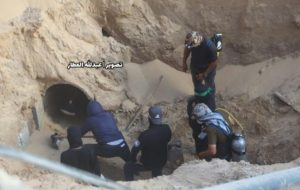
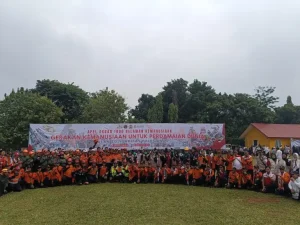


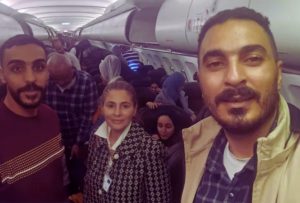

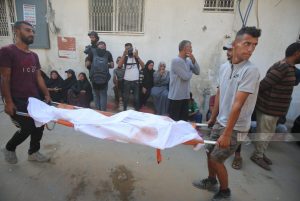








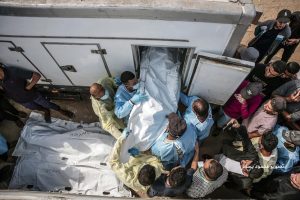

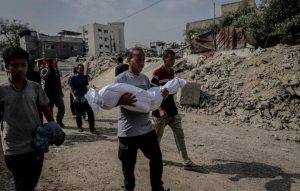



 Mina Indonesia
Mina Indonesia Mina Arabic
Mina Arabic